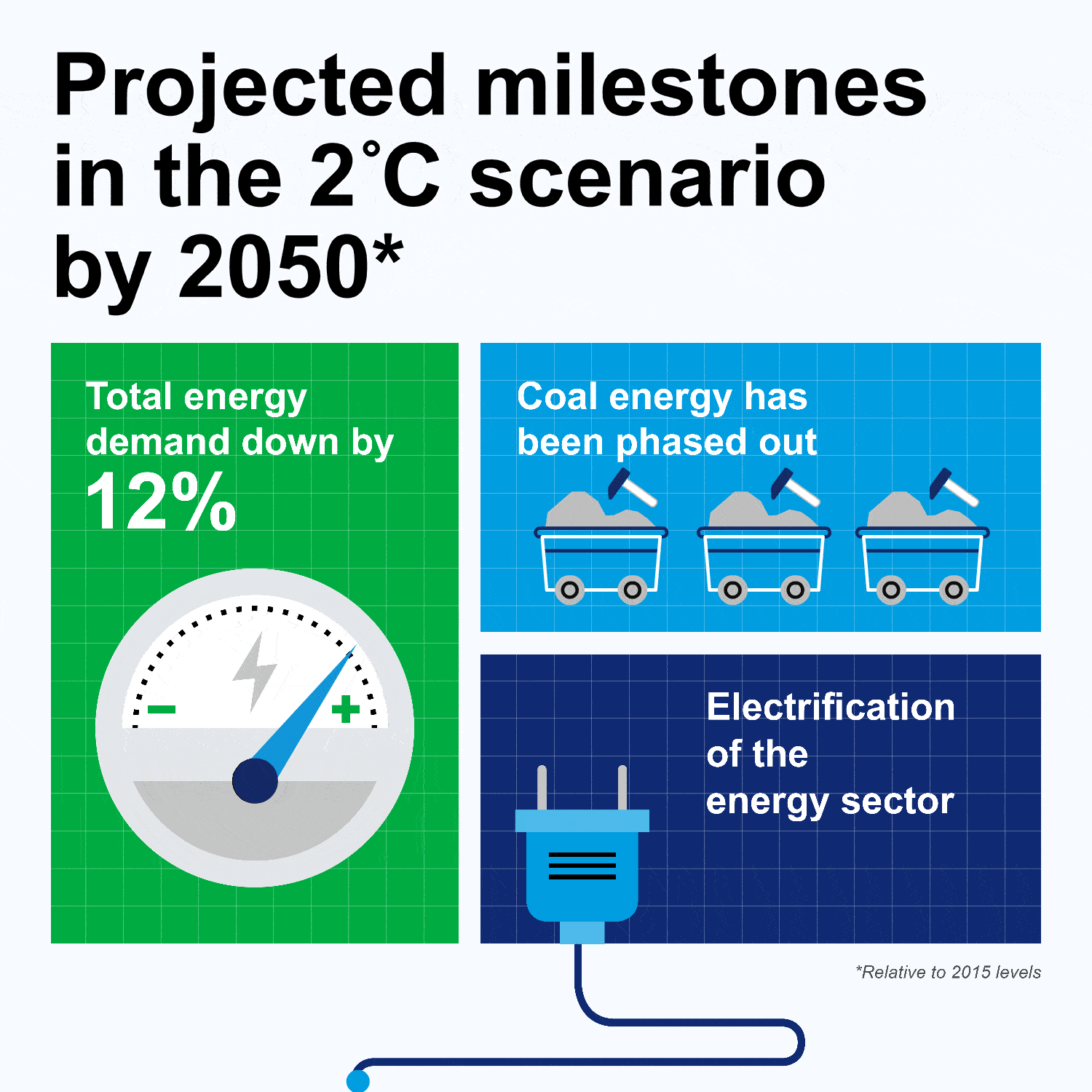The 2-degree-Celsius threshold: Why climate change matters for investors
Amid the global climate crisis, sustainability considerations can have a material impact on investment risk and return outcomes.

To mitigate climate change, there's a need for governments and businesses to step up. Photos: Shutterstock
According to the World Economic Forum Global Risks Report 2022 written in conjunction with investment specialist Mercer, climate action failure presents the most significant systemic risk on a global scale faced by investors in both the medium term (two to five years) and long term (five to 10 years), with a high potential to severely damage societies, economies and the planet.
With climate risks at a tipping point, governments and businesses increasingly have to keep this global challenge on their radar.
ALIGNING INVESTMENT PORTFOLIOS WITH CLIMATE GOALS
A 2021 HSBC survey revealed that despite 80 per cent of investors indicating that they keep sustainable, environmental and ethical issues in mind when managing investments, only a quarter of their investments actually take into consideration environmental, social and governance (ESG) metrics.
According to Mr Chong Chee Loong, CEO at Mercer Investment Solutions Singapore, now’s the time for investors to move the needle in the sustainable direction.
“Steps should be taken not only to safeguard portfolios against the risk of climate change, but investors can also potentially benefit from investing in innovative solutions in the public and private markets,” he said.
Over the last decade, Mercer has developed a wealth of research, expertise and tools in advising institutional investors across a range of climate-related areas such as climate change beliefs, policy and strategy setting, carbon footprinting and climate scenario analysis.
When harnessing Mercer’s latest climate scenario research and modelling to analyse multi-asset portfolios against three climate scenarios – each corresponding to a rise in global temperatures of between 2 and 4 degrees Celsius – the firm posited that keeping global warming within 2 degrees Celsius is in the best long-term interests of investors.

“For nearly all asset classes, regions and time frames, a 2-degree-Celsius scenario leads to enhanced projected returns. Also, there are notable investment opportunities during this transition to a low-carbon economy,” Mr Chong explained.
SUPPORTING INVESTOR JOURNEYS TOWARD A GREENER FUTURE
As much as investors are keen to understand the impact of the climate crisis on their investments, the multi-dimensional nature of climate change makes it challenging to know which climate scenario pathway the global economy will follow.
Amid this uncertainty, institutional investors are turning to partners like Mercer for advice and implementation. Mercer has developed a clear framework that offers investors a disciplined approach to mitigate climate risks and access climate transition opportunities in their portfolios. Its solution – Analytics for Climate Transition (ACT) – aims to help investors construct climate-resilient portfolios within a multi-year time frame.

Still, there is no one-size-fits-all approach when it comes to investing amid climate change, said Ms Anubhuti Gupta, senior principal consultant, Mercer Investment Solutions Singapore.
“Mercer aims to provide institutional investors with a sustainable investing pathway, informed by practices and research that can be tailored to their unique needs. Such transition plans provide a range of tools to define and implement investors’ climate vision,” she shared.
Mercer’s framework is part of the firm’s broader suite of solutions to help investors make progress towards their goals.
For instance, more institutional investors are looking to access outsourced chief investment officer (OCIO) solutions as they continue to grapple with a volatile environment. With more than 1,500 clients under its charge, Mercer was ranked No 1 in OCIO assets under management by Chief Investment Officer Magazine’s 2021 Outsourced CIO Buyer’s Guide Survey and was accorded the Sustainable Investment Consultant of the Year 2022 by online news service Environmental Finance.
The next decade will likely entail a new capital investment cycle, with sweeping changes in the way energy resources are generated, stored, transmitted and used. For institutional investors, it is not just about enhancing investment outcomes – it is about taking a total portfolio approach that acknowledges the need for flexibility in low-carbon pathways.















